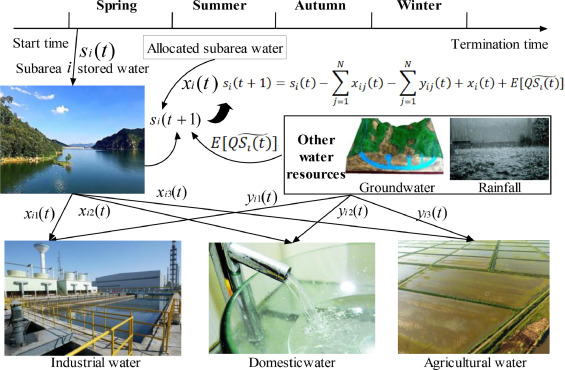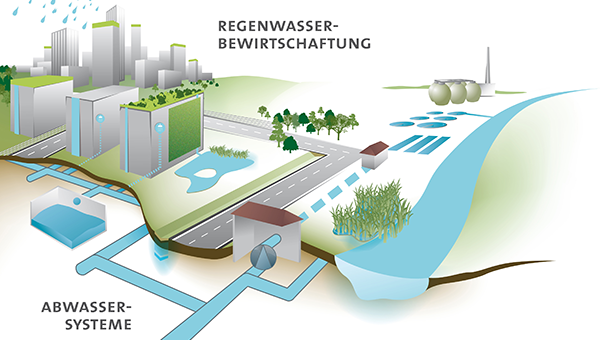About Our Project
This water allocation optimization challenge takes place in the year 3050, in a post-apocalyptic scenario. Due to unexpected climate changes, the Earth has become extremely hot, and water resources are severely limited. Cities rely on intelligent water resource management for survival, but these resources are rapidly depleting. As an AI developer, you are responsible for ensuring optimal water allocation to meet the diverse needs of cities, while also ensuring that no city faces a shortage.
Model Inputs:
- City Population: Total number and demographic distribution (age, gender, and special needs).
- Agricultural Land and Crop Types: Determine the water needed based on crops that require more or less water.
- Weather Forecasting: Includes potential changes in water availability due to temperature, rainfall, and drought.
- Daily Water Needs: The amount of water required for drinking, hygiene, and sanitation.
Problem Complexity:
- Evaporation Rate: High temperatures increase evaporation rates, potentially leading to water shortages.
Objective:
Develop a model using Python that optimally allocates water resources for various uses, ensuring current needs are met while also focusing on long-term sustainability.
Code Structure:
- Flask and CORS Configuration:
- Flask is used as a web framework to build the API.
- CORS is enabled to allow access from different sources.
- Genetic Algorithm for Water Allocation:
- Inputs: City population, agricultural land, crop types, industrial water needs, available water resources, evaporation rate, and weather forecast.
- Goal: Allocate water for drinking, agriculture, industry, and hygiene without violating constraints.
- Initial Population: Created using random allocation of water resources.
- Fitness Function: Ensures water allocation meets needs and resource constraints.
- Selection: Uses a tournament method to select top individuals for producing the next generation.
- Crossover and Mutation: Introduce diversity and improve problem-solving.
- Updating Water Resources:
- Water resources are updated for each generation based on rainfall and evaporation rate predictions.
- Flask Routes:
- Main service route serving the webpage (e.g., index.html).
- allocate_water: POST route to receive data and calculate optimal water allocation.
Results:
- Output: Returned as a JSON object detailing water allocation across different categories.
- Error Handling: Managed using try-except blocks to handle any data processing errors.
Application:
This program can be used to model and simulate intelligent water resource allocation in future cities facing water shortages. Optimizing allocation of vital resources like water is crucial for adapting to adverse climate conditions.



